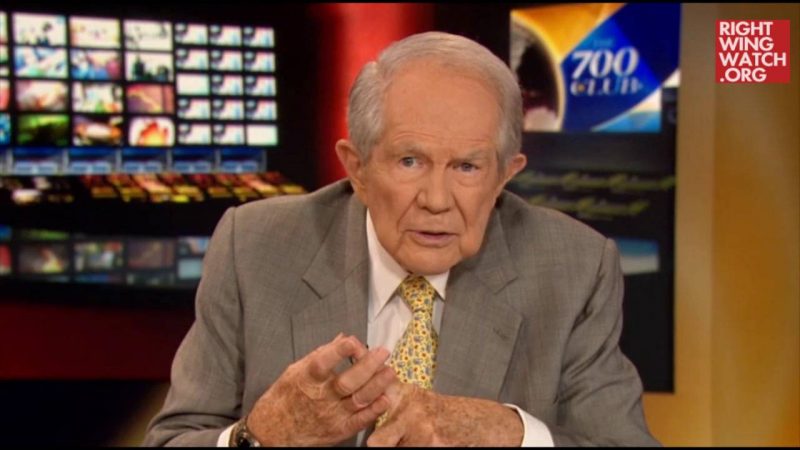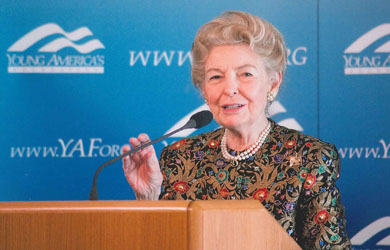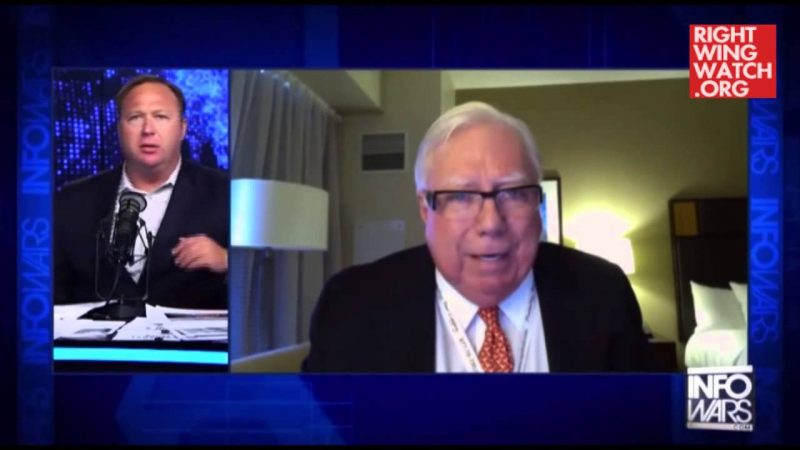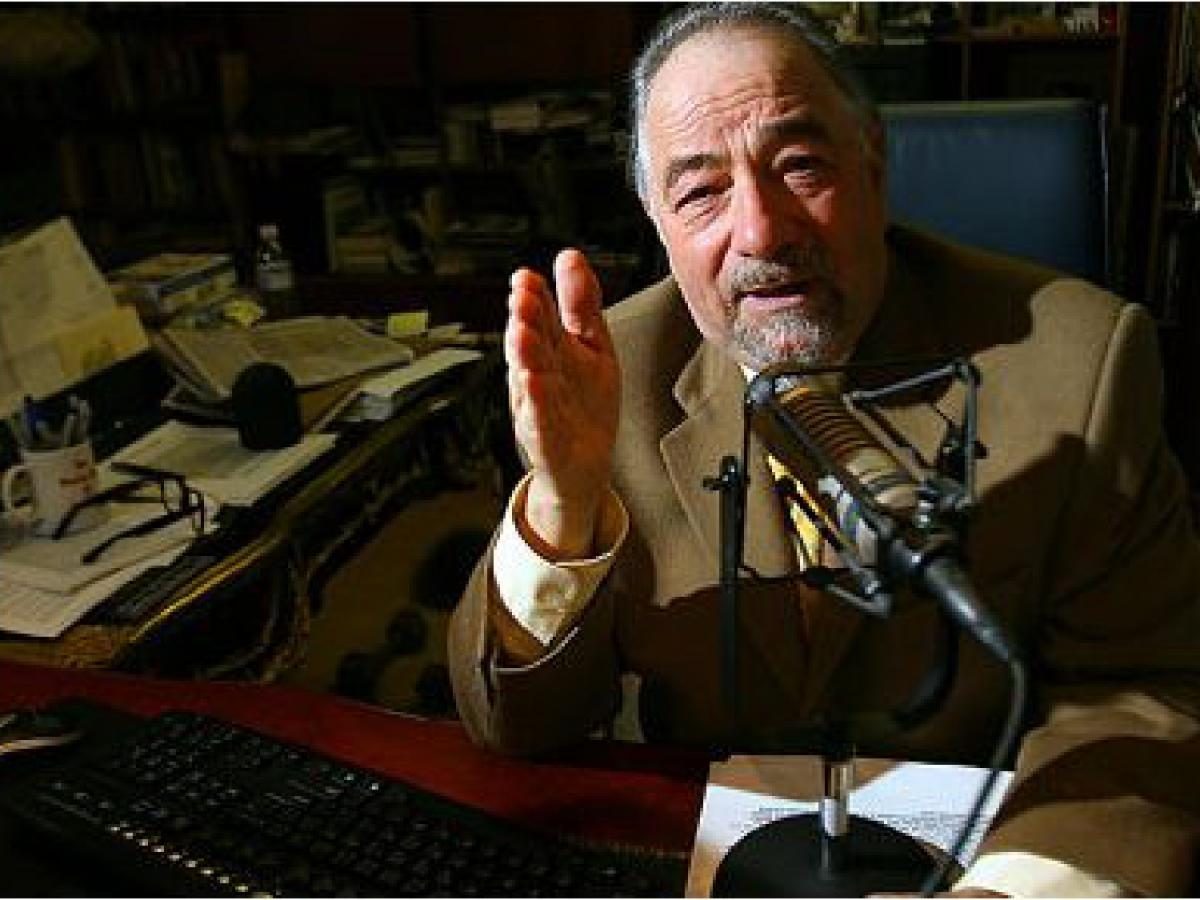Walid Phares, a controversial (to say the least) member of Mitt Romney’s Foreign Policy and National Security Advisory Team, is accusing President Obama of trying to “quit the ideological confrontation” with radical Islamic groups while speaking with Frank Gaffney this week.
Phares: Since 9/11 our military, our security agencies have been very successful, every battle we fought against the jihadists in Afghanistan and elsewhere, the elimination of their leaders, our military, our intelligence, was successful. Where we were not successful was ideologically, the political response, specifically of this administration. The last two years, probably (inaudible), but this administration has decided to quit the ideological confrontation and that’s why we’re not ending this war.
Phares also said that the Muslim Brotherhood has succeeded in penetrating “the national security apparatus” and political institutions, and that many Muslim-American organizations are actually fronts for the Brotherhood. He even alleged that the Obama administration is now doing the work of the Brotherhood and deliberately undermined “our capacity as a nation and as a government to understand where the threat is coming from,” demanding Congress investigate the supposed infiltration.
Gaffney: Walid, I’d like you to drill down for a minute on as you say sort of the Stalinist version of this Sharia, jihadist enterprise. Civilization jihad, to what extent are you concerned about the role being played by Muslim Brotherhood affiliated entities inside the United States as they seek to perhaps keep us witless about the threat that they represent and maybe even encourage this focus on this shiny, dangling object of al-Qaeda, recognizing that it will not be the thing that it is decisive in this war if we even succeed in defeating al-Qaeda.
Phares: Absolutely, Frank, actually in my book, the first post-9/11 book published “Future Jihad: Terrorist Stratgies Against America,” I probably was the first one to expose the network of Muslim Brotherhood fronts, on a strategic level of course, at which basically the main role is to penetrate the national security apparatus, to penetrate the political institutions of the United States would it be political parties, administrations, as much placement of advisers to a point whereby our policy with regard to the Middle East and our policy with regard to jihadism in the United States is now being advised and suggested to by Muslim Brotherhood either fronts or advisers or sympathizers, and that’s a real threat and a real problem to our national security. If our government, bureaucracy, policy makers, media and others to understand and analyze the threat they rely on advisers and experts who basically are sympathizers with the Muslim Brotherhood, or at least present them differently than what they are, we are in big strategic trouble.
Gaffney: And is there any question that this is going on at the moment, Walid Phares? You know a lot about these various front organizations. The Islamic Society of North American, for example, whose president Mohamad Magid is a routine guest in all of the cabinet offices involved in the security portfolio and the White House as well. I believe the President sat next to him at the recent Iftar Dinner, actually flanked by him on the one side, Mohamed Morsi, and by Huma Abedin on the other. To what extent are such organizations the catalysts for the civilization jihad you’re warning about?
Phares: There’s public relations side of it, strategic communications side, that the MB front or ally or sympathizers are performing inside government, and there is something more serious to me which is the actual texts, they are producing actual memorandums that become policy. You and I are aware of that one memo that was issued by so-called Muslim-American organizations, if you check on them they are mostly Muslim Brotherhood organizations and not the moderate ones, that memo was the basis for another U.S. government memo that banned the use of words, the words of references to jihadism and caliphate over the past four years. That basically was a major strike against our analysts, against our capacity as a nation and as a government to understand where the threat is coming from. That is an issue that should be raised in Congress and in the presidential debates, I hope.








